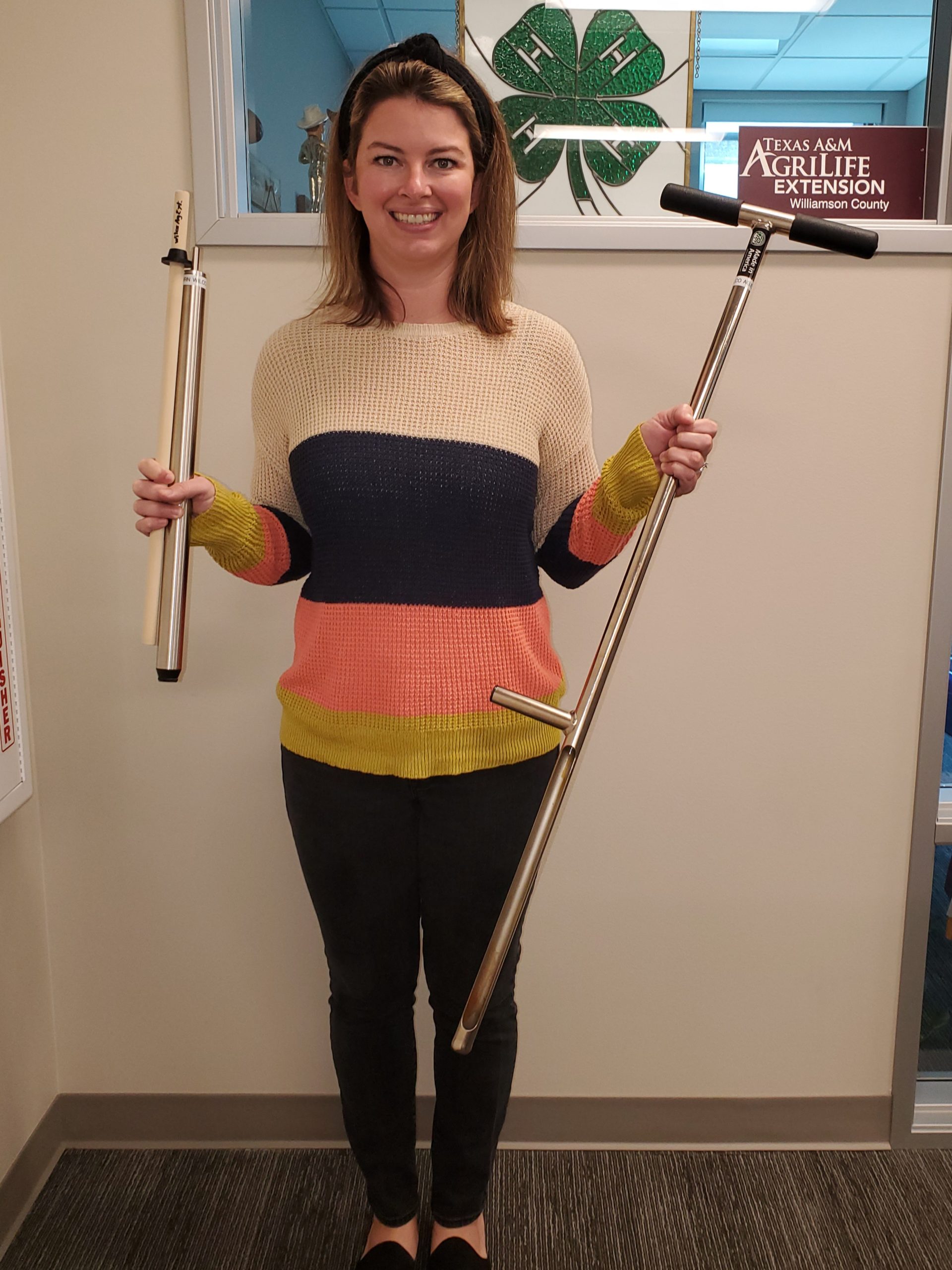One of my favorite Christmas holiday traditions is finding a real Christmas tree and bringing it home to decorate. During my college years, my parents entrusted my younger brother and me to select the tree. I don’t think they expected us to come home with a 12-foot tree! The tree was so large it almost did not fit through the door, but it was beautiful!
Did you know that Texas grows some great Christmas trees? Texas-grown Christmas trees are
the Virginia pine, Afghan pine, eastern red cedar, shortleaf pine, Arizona cypress, and Leland cypress.
Christmas trees were first planted in Texas in 1935, and the Texas A&M Forest Service, Texas A&M University, and Stephen F. Austin University have worked to improve the Christmas tree industry in Texas since the 1970’s. These partners, along with the Texas Christmas Tree Growers Association, have worked to develop Christmas trees that will flourish in the Texas climate.
Texans purchase more than four million real Christmas trees each year, which supports farms and agriculture businesses throughout the state. According to an economic study conducted by the Texas A&M Forest Service, the Texas Christmas tree industry generated more that $714 million in direct, indirect, and induced economic impacts in 2022, and the industry supports nearly 6,000 jobs.
As a horticulturist, I love the concept of real Christmas trees. A Christmas tree farm is basically a forest, and forests have great impacts on our environment. Trees produce oxygen, sequester carbon in the soil, provide habitat for wildlife, and clean our water.
The benefits of a real Christmas tree do not end once the holidays are over. The tree can be mulched and used in yards and gardens to improve the soil and prevent erosion. Christmas trees can also be placed in ponds or lakes to provide shelter and food to fish.
This year, consider a family adventure to pick out a Texas-grown Christmas tree. Visiting a Christmas tree farm is so fun (and they usually serve hot chocolate), and you will be supporting our Texas agriculture community!
For more information about trees, lawns, and gardens, contact Kate Hajda, Williamson County AgriLife Extension Horticulturist, at 512-943-3300.

